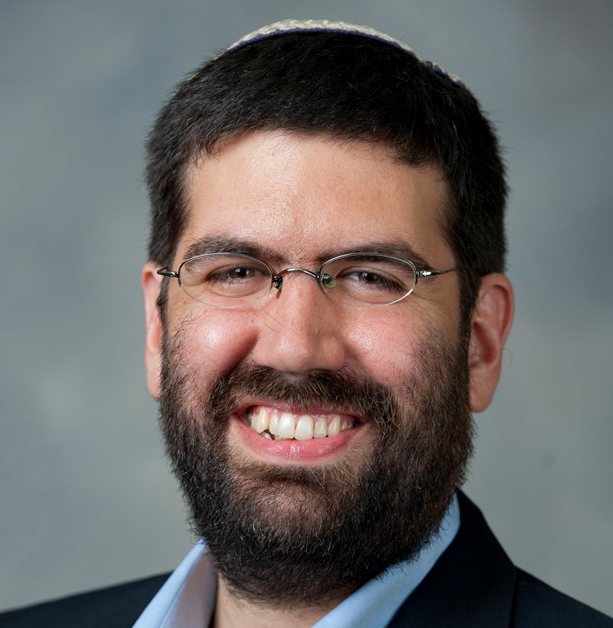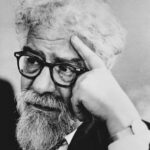Rabbi Geoffrey Claussen, PhD
The first Jewish text included on our syllabus was a chapter from Heschel’s God in Search of Man, and I was entranced by it.

Elon University
Elon, North Carolina
A Jewish Perspective
I first encountered Heschel’s work as a first-year college student at Carleton College, in an introduction to religion class with Prof. Louis Newman. I took the class without any particular interest in Jewish Studies—I was far more interested in studying other traditions—and did not expect to be interested in the Jewish sources that were on the syllabus. But the first Jewish text included on our syllabus was a chapter from Heschel’s God in Search of Man, and I was entranced by it. After reading the chapter, I went to the shelves in Carleton’s Gould Library, found the full volume, started reading, and couldn’t put it down. I was shocked because Heschel’s writing seemed neither fundamentalist nor dull at all. Rather, it struck me as intellectually serious, challenging, engaging, enticing. This kindled my interest in Jewish studies and eventually my own Jewish engagement, setting in motion the path that eventually led to my becoming a rabbi and scholar of Jewish ethics.
Additional Writing:

